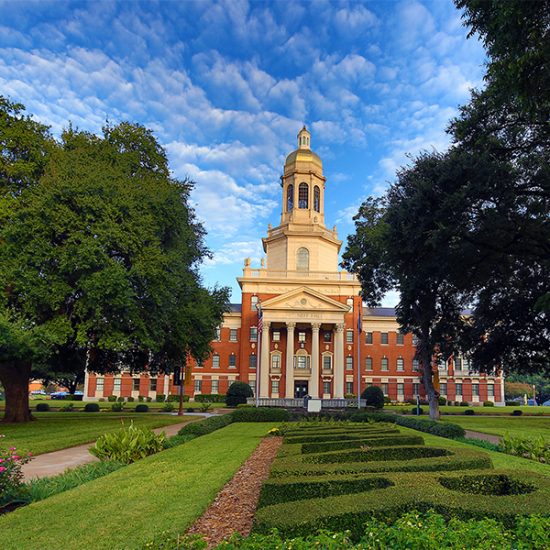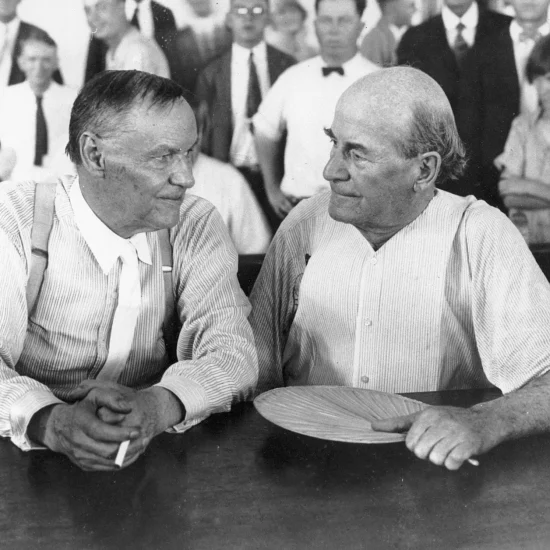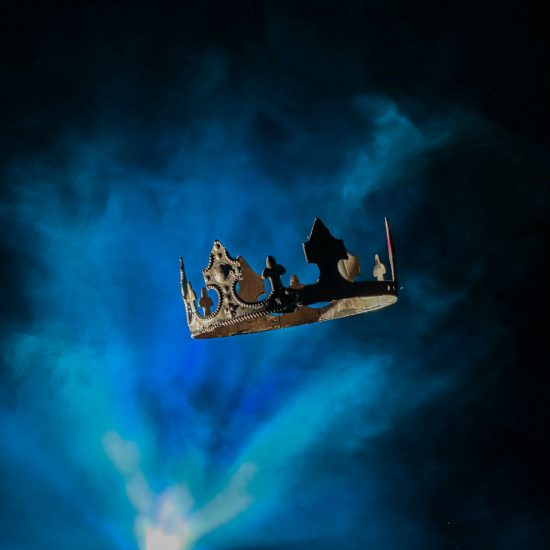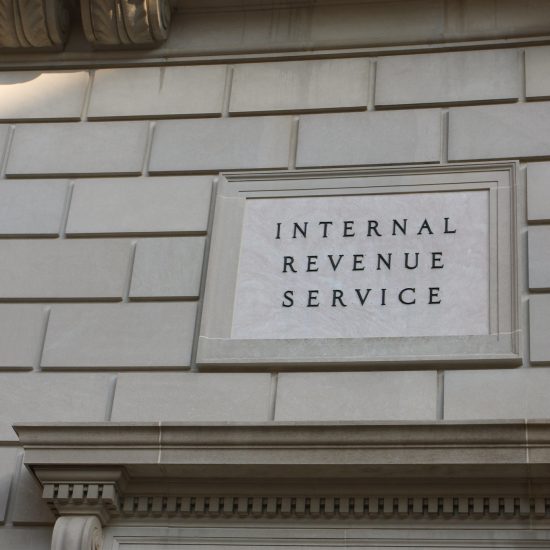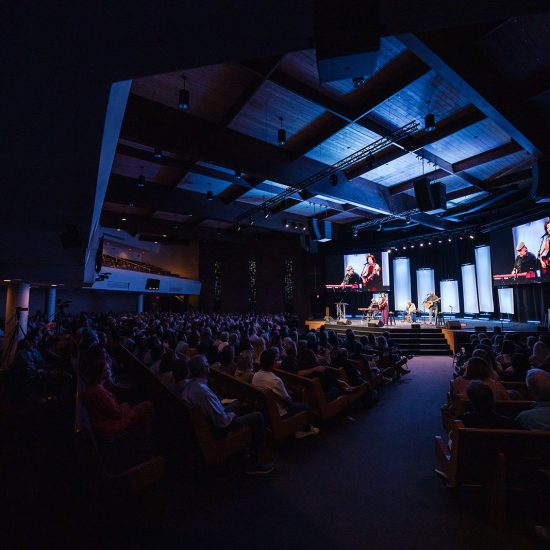
Dear Tim Alberta,
I am writing you what amounts to a love letter for your book The Kingdom, the Power, and the Glory: American Evangelicals in an Age of Extremism. A mere positive review will not do justice as a description of this epistle. If my words fail to generate the passion I feel and this lands with a thud as a staid review, I will repent in sackcloth and ashes. I will announce to the world that you deserved far better than this Baptist preacher provided.
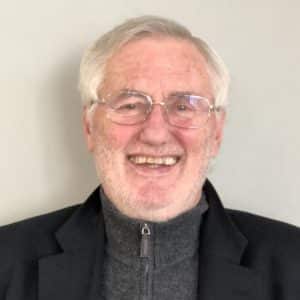
Rodney Kennedy
Well, if you haven’t guessed already, I loved your book. I’ve longed to write a review of your masterful study of evangelical politics.
The careful time you have spent among evangelicals is obvious. Your prior book on the subject, American Carnage, and your previous piece in The Atlantic, “How Politics Poisoned the Evangelical Church,” served as delicious appetizers for the main course.
As I read reviews of your book from evangelicals, I delighted in the discomfort they felt from you not being an outsider. Many evangelicals, in a truly demagogic manner, love to rely on in-group and out-group perceptions to dismiss opposition. You, however, are one of them. Your work stings a bit. I imagine your critics looking as if they had bit on a pecan shell in their pie.
Your tome hit the market at exactly the right time. Our nation faces another election with the possibility that Donald Trump will become the president in 2024. You make a powerful case, in my view, for not allowing Trump anywhere near the White House. I am grateful for your courageous output because I think the media has repressed the magnitude of the evil that resides in the Trump/evangelical alliance.
You put into narrative form what rhetorical scholars have been writing about Trump from the beginning. You have made available, like a faithful Greek parrhesiastes, the bold, risky truth about Trump and the evangelicals. Thank you for unmasking the real Donald Trump — secular revivalist, con artist, false prophet, fake evangelical who traffics in evil, flaunts evil, and makes evil appear good. As Isaiah lamented, “Ah, you who call evil good and good evil, who put darkness for light and light for darkness, who put bitter for sweet and sweet for bitter!”
The criticism that your take on evangelicals is “stereotypical,” fails to convince. No matter how much evangelical reviewers complain about the alleged lack of precision in your definition of evangelical, Trump garnering 84% of the White evangelical vote in 2020 stops them in their tracks.
At least two reviews insisted that you didn’t define the word “evangelical” precisely enough. Evangelical defensiveness often attempts to draw themselves outside the circle of membership in the radical rightwing world of MAGA. The strategy has been employed so frequently as to become boring. In the fight against gay marriage, no one received more criticism and fierce condemnation than Westboro Baptist Church founder Fred Phelps. Evangelicals attempted to make Phelps the scapegoat and present themselves as compassionate people who love gays.
As we banter back and forth about Christian Nationalism, evangelicals are again taking great pains to insist that the number of actual Christian Nationalists is very small and that they themselves are not Christian Nationalists. All this fussing about definition and denial suggests that your reviewers are being somewhat hypocritical.
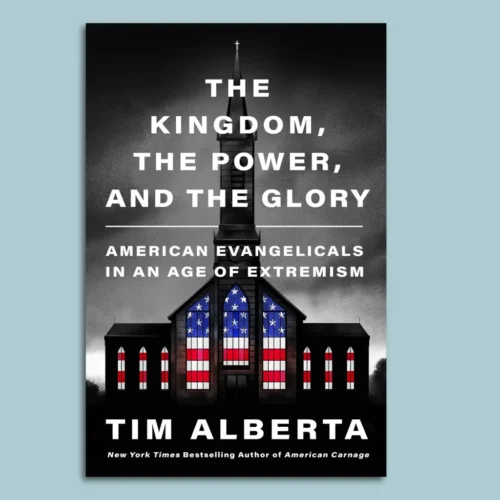
The weird math of one of your unfavorable reviewers insisted that at least 80% of evangelicals were not part of MAGA. This is shown to be an equation that can’t be solved because 85% of White evangelicals who attend church regularly voted for Trump.
You are not writing about a radical rightwing minority — you are exposing an entire evangelical movement. No “alternative” math will change this reality.
If evangelicals do not wish to be identified with Trump and MAGA, they should take off those red caps and excoriate Trump for his frequent anti-Christian rhetoric and behavior.
Your decision to organize your book with detailed pictures of a variety of places and leaders involved in the movement gives a real sense that the book “moves.” This, of course, increases interest. I couldn’t put the book down from the moment I read your autobiographical account of growing up in Cornerstone Church in Brighton, Michigan, to the final chapter in Lynchburg, Virginia.
The array of characters ranges from radical right-wing preachers such as Bill Bolin (his Sunday morning “rants” are incredulous), Gary Click, and Greg Locke intermingle easily with the most famous and notorious of the right-wing flamethrowers like Jerry Falwell, Jr. (a career ended in sexual impropriety), David Barton, Ralph Reed, Robert Jeffress as well as evangelicals attempting to salvage the church: Daniel Darling, Russell Moore, and David French.
I was particularly enthralled with your even-handed treatment of your dad’s successor at Cornerstone Church, Chris Winans. Your two separate treatments of Winans — at the beginning of his tenure and then two years later — offer hope for how evangelical pastors may survive and manage to preach the gospel. The transformation of Winans elicited from me, “Amen, Amen, and Amen.”
Rather than a chapter-by-chapter review (after all, you know your own material), I want to say your analysis as a journalist was spot on. Your critics mumbling in their milk about you not being a theologian is a pointless argument. One reviewer tried to deflect your analysis by starting an argument about whether women should be ordained.
My emotional connection to your work and the most powerful trope, in my rhetorical analysis, came in the first chapter as you related the mistreatment you received at your father’s funeral because of what you had previously written about Donald Trump and Rush Limbaugh. Nothing shouted to me about the intolerance, lack of empathy, and disrespect that some evangelicals evoke as feeling the pain and anger you felt. Your wife put the best analysis on this sordid performance: “What the hell is wrong with these people?”
I loved learning you and your wife have remained faithful members of the Church. I got a little high as I read your incisive conclusions about the idolatry of the evangelical movement.
Regardless, my friend, your book moved me to total identification with you, as a fellow evangelical, to laughter, to thinking, and then to writing. I will recommend your book to everyone.
With much affection,
Rodney Kennedy
Rodney Kennedy has his M.Div. from New Orleans Theological Seminary and his Ph.D. in Rhetoric from Louisiana State University. The pastor of 7 Southern Baptist churches over the course of 20 years, he pastored the First Baptist Church of Dayton, Ohio — which is an American Baptist Church — for 13 years. He is currently professor of homiletics at Palmer Theological Seminary, and interim pastor of Emmanuel Friedens Federated Church, Schenectady, New York. His seventh book, Good and Evil in the Garden of Democracy, is out now from Wipf and Stock (Cascades).

